Executive Committee Members
Master in Humanity & Social Science, TU Nepal; Head of Prosthetic Department, Anandaban Hospital; Diploma in Orthotics & Prosthetics, SLRTC Karigiri, Tamilnadu, South India; Diploma in Theology, Belfast Bible College, Northern Ireland
Mr. Sharan Prasad Ruchal
Master in business Administration, Tribhuvan University; Master of Arts (Sociology), Tribhuvan University; MA in Organizational Leadership (MAOL), SHAITS India; National Director, Development Associates International (DAI); Elder, Shalom AG Church
Mr. Narayan Khadka
Diversify background in Marketing, Finance, and Human Resource Management. Working experience in INGO, NGOs, Industry, National and Multi-National companies. Founder Director of Hope for Future Nepal
Mr. Shyam Krishna Shrestha
Master in Business Administration (MBA), Tribhuvan University Nepal, Certificate in Management, Open University, United Kingdom ; Chief Executive Officer, Nepal Leprosy Trust
Mr. Kamal Shrestha
Masters in Sociology, working at United Mission to Nepal (UMN)
Ms. Susan Rai
Social Worker
Ms. Hasana Ruchal
Diploma in Social work, Post Graduate in Counselling, Working at Anandaban Hospital as Counselor
Ms. Ganesh Maya Shrestha
Bachelor of Public Health, Tribhuvan University M.A. in Clinical Psychology (undergoing); Pharmacy Officer, Bir Hospital; NAMS ; Pastor, Panauti AG Church, Panauti, Kavre
Mr. Mani Raj Shrestha
D.Th., ACTS S. Korea; B.A (Hons): Gloucester University, U.K.; M.A (Intercultural Studies), Gloucester University; U.K.; M.Div, International Graduate Studies of Leadership, Philippines; Executive Director, National Mission Commission (NMC) Nepal
Mr. Ram Prasad Shrestha
Masters in Business Administration (MBA), MA (RD), B. Eng. (Civil); working at World Vision International Nepal (WVIN)
Mr. Dhruba Raj Ghimire
Master of Public Health, Chulalongkorn University, Bangkok Master of Organizational Leadership and Management, Allahabad Deemed-University, India Founder Chairman and Executive Director of Shanti Nepal, Former Program Director of Community Development & Health Project of UMN
Mr. Krishna Man Shakya
Advisory Members
Pastor in NIM Gongabu Church, Asian Regional Coordinator for Global Recordings Network (India, Pakistan, Bangladesh, Nepal, Thailand, Korea and China)
